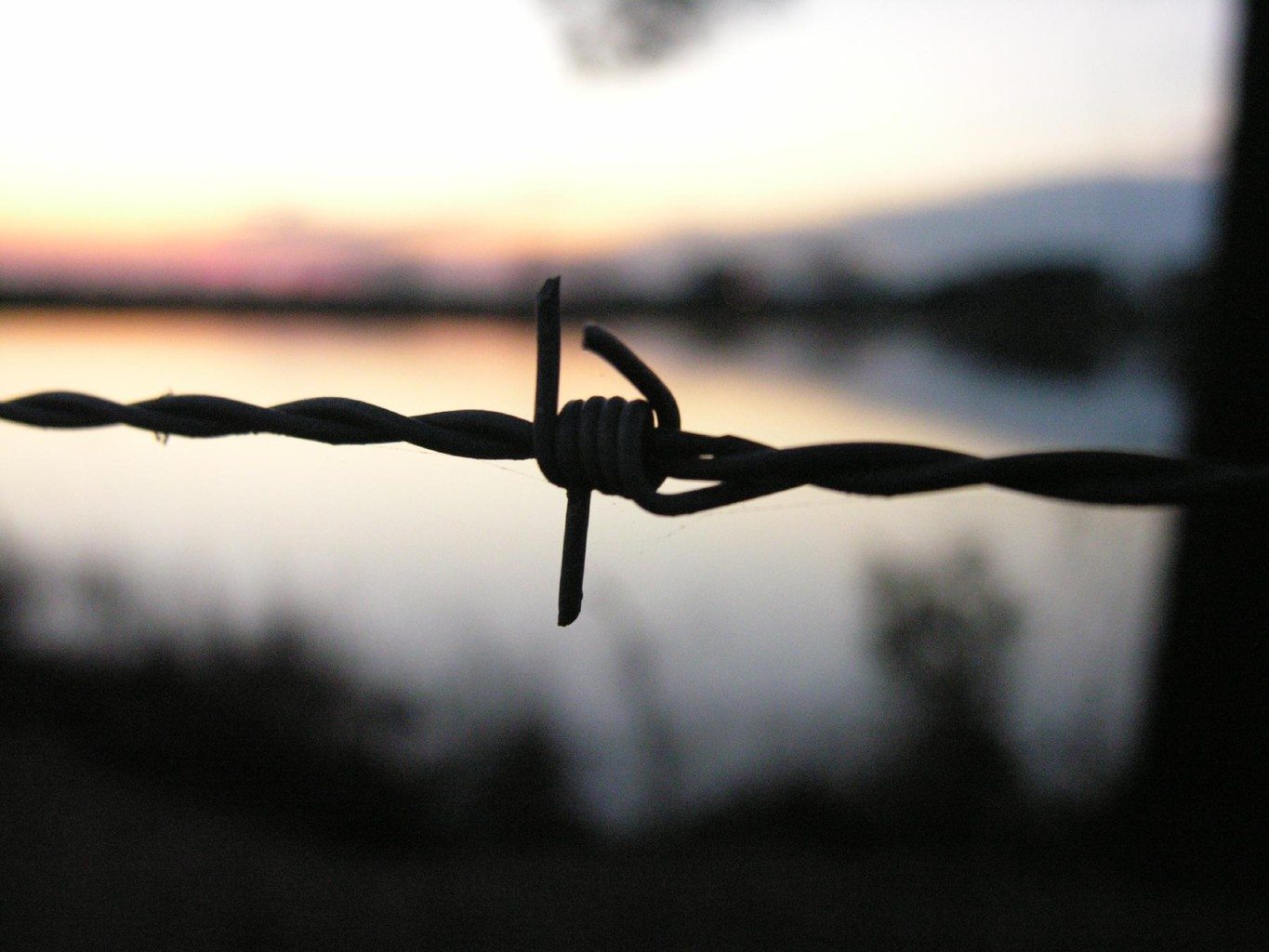Angola Three’s Freedom came too late for me
Barack Obama’s rise to become the first black president sparked claims that the United States had become a “post-racial” society, a colour-blind utopia where the long legacy of slavery and segregation had been overcome and people were judged by the content of their character, rather than the colour of their skin. Meanwhile in Louisiana, in a prison built on a former plantation where prison work details pick cotton, a travesty of justice has been perpetuated for more than four decades on three innocent black men.
The tragic case of the Angola Three demonstrates that claims of a society that has moved beyond racism are far-fetched. Albert Woodfox, Herman Wallace and Robert King were accused of murdering a prison guard and convicted in the 1970s. No physical evidence was presented, the widow of the murdered officer believed them to be innocent, a bloodied fingerprint apparently left by the killer matched none of the three men and the men had solid alibis for the night of the murder – these are among numerous other evidences of corruption and facts that tell against their guilt.
No case more completely demonstrates the enduring impact of racism on class and criminal justice in America; it is clear that African-Americans get a poor deal from the “justice” system.
The campaign to free them alleges that their conviction was politically motivated – the response of an institutionally racist Louisiana prison system to a successful Black Panther organised against prison rape, poor conditions and brutal abuses by guards. It is no coincidence that these three Black Panther leaders were framed for a crime at a time when the movement within prisons was garnering outside media and political support. The warden said on record that their solitary confinement is necessary, not because of their alleged crime, but because they have shown “no rehabilitation” from “Black Pantherism”.
The Angola Three have paid dearly for their political consciences, collectively having spent over one hundred years in solitary confinement, a practice considered abhorrent by the UN and by many psychologists who have studied the impacts of confinement in a box for twenty three hours a day on the human psyche. To call forty years in solitary torture is not mere hyperbole.
Robert King’s conviction was overturned in 2001 and he was released. Albert Woodfox has been acquitted by multiple courts but has not been released; he too will die in prison if the state of Louisiana continues to re-convict him. Last week Herman Wallace, who had been weakened by terminal liver cancer, was ordered released by a judge who had to threaten the prison warden with a second court order in order to secure Herman’s immediate release. On his deathbed, Wallace was released, to die days later in hospital, a free man surrounded by loving and committed supporters. Despite this last act of “mercy” for Wallace, justice delayed was justice denied; in a last act of spite, prosecutors sought to re-indict him as he lay dying.
The Angola Three have inspired many: documentaries have been made chronicling their plight, a broad movement has consistently fought for their release and Scott Crow’s activism was inspired by Angola Three campaigning, including the Common Ground Collective which helped thousands of Hurricane Katrina victims.
No case more completely demonstrates the enduring impact of racism on class and criminal justice in America; it is clear that African-Americans get a poor deal from the “justice” system. The Drug War imprisons an obscene number of blacks, far out of proportion to their percentage of the drug-using population. One-hundred to one racial disparities in crack and powder cocaine sentencing laws were only corrected in the past few years. The death penalty, like the rest of the prison system, exhibits a racial bias. This leads to travesties like the execution of Troy Davis by the state of Georgia despite seven of the nine non-police witnesses recanting and many accusing another of the nine as the real killer. By all accounts that case was a judicial murder of an innocent man and a racially motivated one at that.
Ultimately, the Angola Three illustrate all too clearly why those who call America ‘post-racial’ are incorrect. When evaluating race in America we must look, not at the race of the figurehead in Washington but at the nation’s prisons, inner cities and at the Deep South states where Jim Crow is not as far behind as many would like to assert.
[divider]
Header image courtesy of: Flickr.com/ Old Shoe Woman

Comments